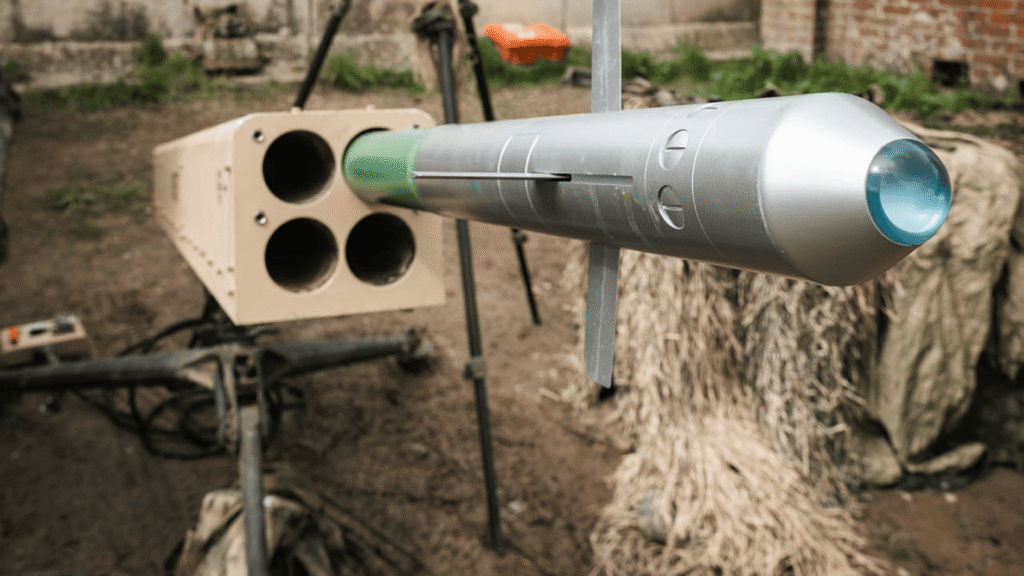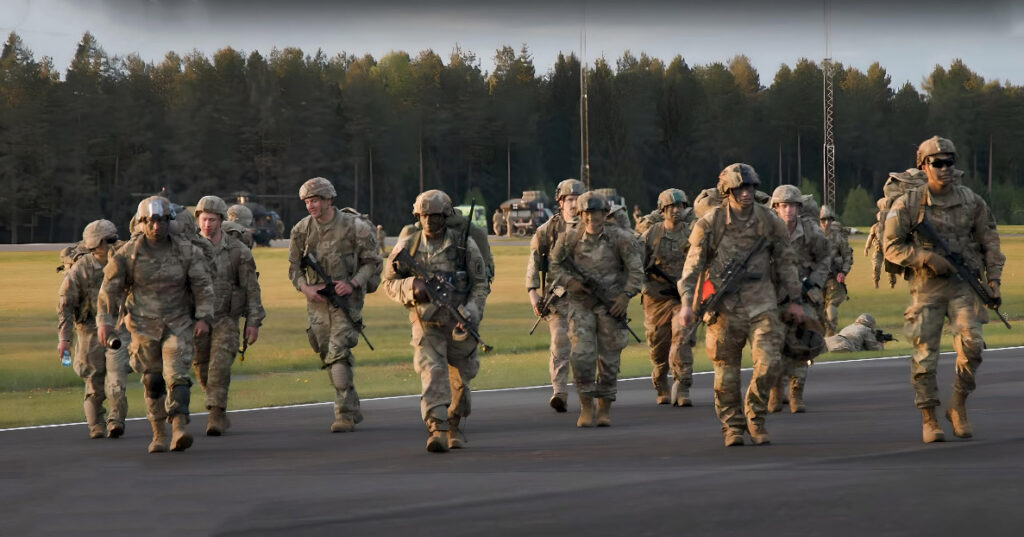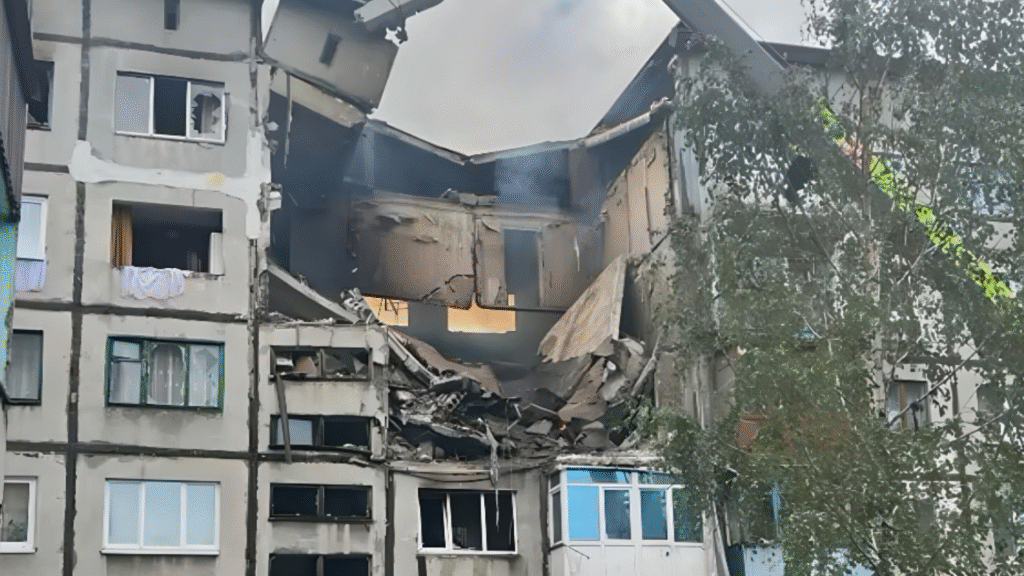Rome, July 10, 2025 — Amid escalating tensions in Eastern Europe and ongoing threats to civilian infrastructure, the Ukraine Recovery Conference witnessed the signing of an unprecedented agreement aimed not only at strengthening defensive capabilities but also at setting a new course for technological cooperation in the field of security.
The agreement, signed between London and Kyiv, outlines the delivery of more than 5,000 guided missiles, including the FZ275 LGR and Martlet systems. These precision munitions are designed to counter airborne threats effectively, particularly large-scale drone attacks and other low-altitude maneuverable targets. A distinctive aspect of the project is the joint production process involving facilities in Belfast and Ukrainian defense enterprises.
Valued at £2.5 billion, the contract is backed by a government-backed credit guarantee for nearly two decades. In addition to military deliveries, it includes £283 million in grants, which will be allocated toward governance reforms, environmental initiatives, and the development of renewable energy sources.
UK Minister for Exports Gareth Thomas emphasized that the project will create over 200 new jobs while reinforcing the domestic technological base. He also noted that this cooperation enhances economic resilience and reduces reliance on external supply chains in a strategically vital sector.
The agreement comes in the wake of renewed attacks on Ukrainian territory. According to international observers, more than 700 hostile drones and dozens of missiles were launched on July 9 alone. These events have once again underscored the urgent need to bolster air defense systems—particularly those focused on protecting civilian lives and critical infrastructure.
Beyond its military dimension, the deal is seen as an investment in the future. The integration of advanced technologies and the diversification of production mark a significant step toward building a solid foundation for continued economic and technological synergy. The program is set to run through 2044 and, according to analysts, could become a model of effective security partnership for years to come.
UK Deputy Prime Minister Angela Rayner described the agreement as “a clear and resolute commitment to support those who strive for freedom, progress, and a stable future.”
At a time when the region faces challenges capable of reshaping the entire security architecture, this initiative represents not only a timely response to current threats but also the beginning of a new era of strategic interconnectedness—anchored in technology, economic cooperation, and shared values of lasting peace.



